Just Keep Moving
Recently, it has become more important than ever for us to take care of our bodies. Restrictions, limitations, and closings have unfortunately led us (and without a doubt myself) to be more secluded, docile, and without access to important resources such as gyms, fitness centers, and parks. However, exercise often seems like the last thing we want to do. Is the effort worth it?
Overall, exercise is important to improve our physical health, decrease stress, improve mood, and even bolster our immune system and cognitive functioning. In fact, according to recent research, exercise as a standalone treatment was shown to improve symptoms of depression. Exercise releases feel-good endorphins and other natural brain chemicals that can enhance your sense of well-being. Additionally, can help you:
Taking your mind off worries so you can get away from the cycle of stress or negative thoughts.
Gain confidence. Meeting exercise goals or challenges, even small ones, can boost your self-confidence.
Cope in a healthy way. Doing something positive to manage your current stress is a healthy coping strategy. Trying to feel better through worrying or that extra glass of wine may feel helpful in the moment though often makes our stress worse in the long run.
Physical activity and exercise are not the same thing, but both are beneficial. Any activity that gets you off Netflix and moving can help improve your mood, such as gardening, washing your car, home projects, or taking a walk (with caution). You don’t have to do all your exercise or other physical activity at one time. There are hundreds of opportunities to add small amounts of physical activity throughout your day. For instance, you can do something active during transitions, such as 20 jumping jacks or 10 pushups in between episodes of Tiger King. Keep in mind that the recommended perod for physical activity a day is at least 30min.
Maintaining an exercise routine or regular physical activity can be a challenge. These steps can help:
Identify something enjoyable. Identify which physical activities you’re most likely to do.
Get input from a health professional. Talk to your doctor or mental health professional for support.
Set reasonable goals. Make sure your goals are realistic and achievable
Problem-solve your barriers. Identify what’s stopping you from being physically active or exercising.
Be kind to yourself. Give yourself credit for every step in the right direction, no matter how small.
Whether you’re an experienced athlete re-adjusting your goals and routine or someone taking the opportunity to get in shape, there are many ways in which we can take advantage of the limited resources we have. Here are some ideas:
Keep in mind that there are thousands of routines and videos online, where none of which are perfect. Just find one that works best for you!
Body weight exercise resources:
The 20-Minute Bodyweight Workout that will Tone Your Entire Bod
The 50 challenge: 50 pushups (knee-pushups), 50 sit-ups, 50 squats throughout the day
Yoga
Running/walking
Remember to use caution
Stationary bike or elliptical (if accessible)
Weights
This is also a time to get creative! If you don’t have access to weights:
Place books in a backpack. Use the bag for squats or use the top handle for over-head presses or bicep curls
Sandbags and bagged pea pebbles bags are great resources for creating your own weights. Available at Home depot (which is currently delivering), you can use them to make increase your workout difficulty.
